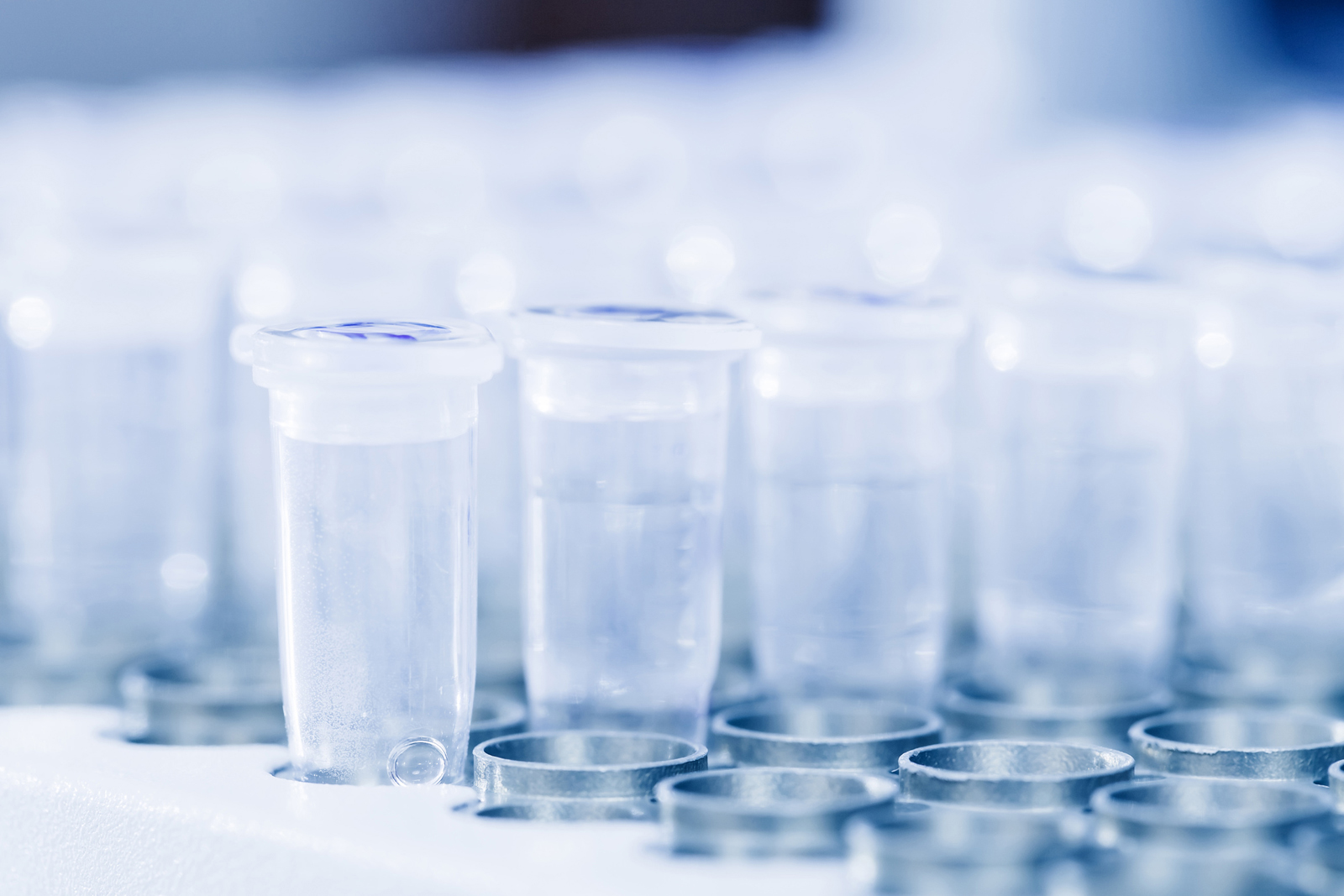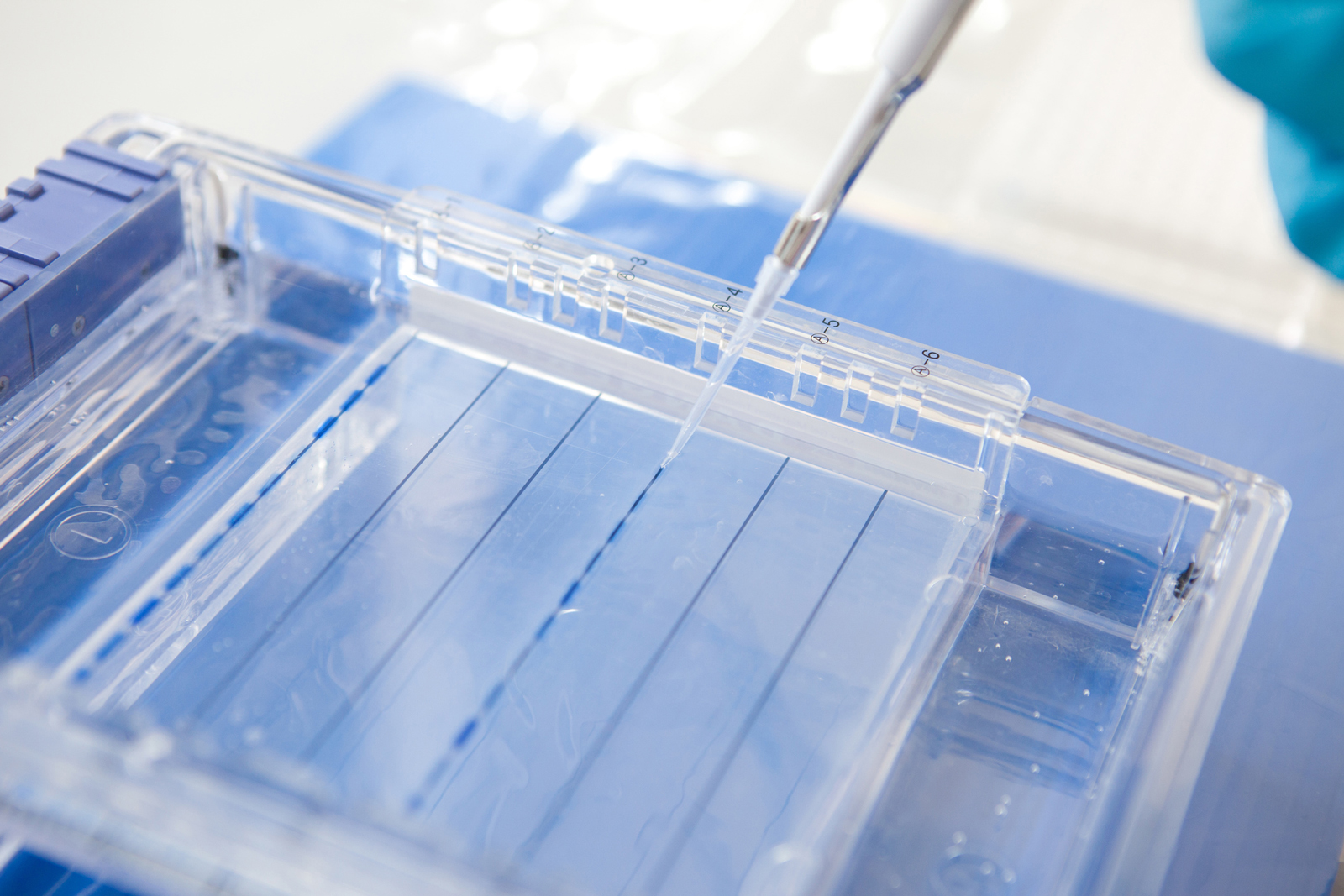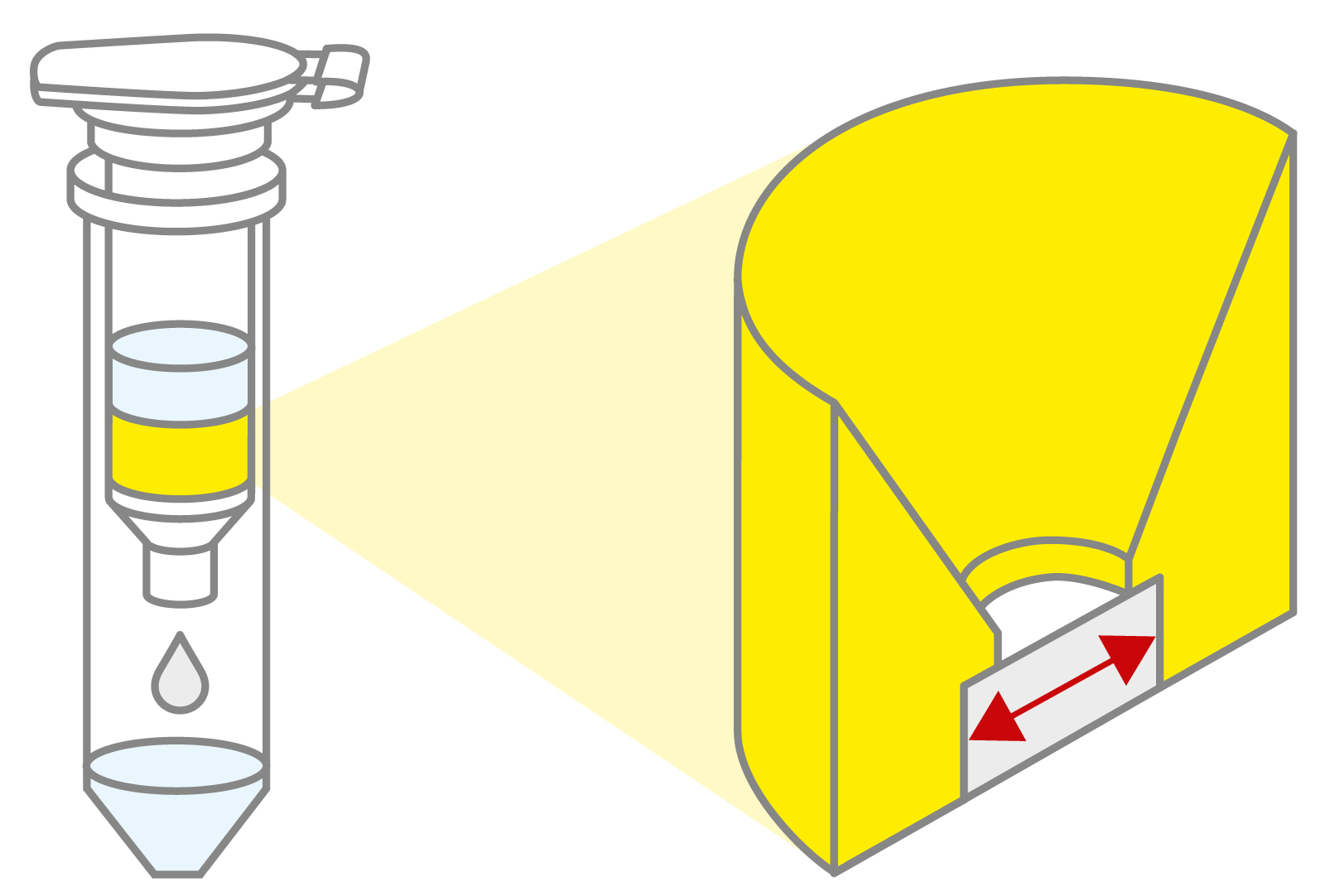Description
PCR clean up and gel extraction – the two in one kit
Specifications:
| Application | PCR clean up and gel extraction |
| Target | Clean up |
| CE certified | No, research use only |
| Technology | Silica membrane technology |
| Brand | NucleoSpin |
| Format | Mini prep |
| Package unit | 10 Prep(s), 50 Prep(s), 250 Prep(s), QIAcube 240 Prep(s) |
| Handling | Centrifugation, vacuum |
| Automated use | No |
| Sample material | Agarose gel, PCR reaction mixture |
| Sample amount | < 200 µL PCR reaction mixture, < 200 mg agarose gel |
| Fragment size | 50 bp−approx. 20 kbp |
| Typical recovery | 70−95 % |
| Theoretical binding capacity | 25 µg |
| Typical purity A260/A280 | 1.8−1.9 |
| Elution volume | 15−30 µL |
| Preparation time | 10 min/6 preps |
| Typical downstream application | Cloning, PCR, Restriction analysis, Sequencing |
| Storage temperature | 15−25 °C |
| Shelf life (from production) | 27 Months |
| Hazardous material | Yes |
PCR clean up and gel extraction
Whether for restriction digest, ligation and transformation, PCR or sequencing - all those applications need clean, good quality DNA as input. Although PCR clean-up and gel extraction is one of the most common applications in the laboratory, it is often the supposedly simple applications like PCR clean-up and gel extraction that can pose challenge and determine the success of a research project.
Watch our NucleoSpin Gel and PCR Clean-up XS workflow video to see how to get most out of your PCR and gel extraction procedure:
The following tips might help you to maximize your yield and DNA quality:
Minimize the amount of UV exposure
Prolonged exposure can damage your DNA. So try to cut out your bands as fast as possible.
Make sure to actually weigh the gel slice
The weight of a gel slice is easily underestimated. Up to 200 mg of agarose gel can be dissolved with 400 µl Buffer NTI and loaded onto the NucleoSpin Gel and PCR columns. Make also sure to melt your agarose completely before you apply the sample to the column. Excess, unmelted agarose can interfere with the extraction procedure.
Optimize the elution for maximum yield
Reapply the eluate a second time to the NucleoSpin Gel and PCR Clean-up column. This will help to increase the recovery while keeping the volume of the elution buffer low. Multiple rounds of elution can increase the recovery significantly. Heating the elution buffer to 70 °C and incubate elution buffer on the column at 70 °C for 5 minutes will help to increase the recovery as well. If you are planning to elute in a very small volume make sure to use our NucleoSpin Gel and PCR Clean-up XS columns optimized for elution volumes below 10 µl. The newly developed column is the best tool for rapid sample concentration.
Ph matters - use elution buffer and not water for elution
Use a slightly alkaline elution buffer, like elution buffer NE for optimal performance. Water is typically acidic and elution will work more efficiently in a slightly alkaline environment.
Don't skip the drying step
The drying step is really important to ensure efficient removal of residual ethanol. Ethanol is a well known PCR inhibitor and can cause issues in many downstream applications.







